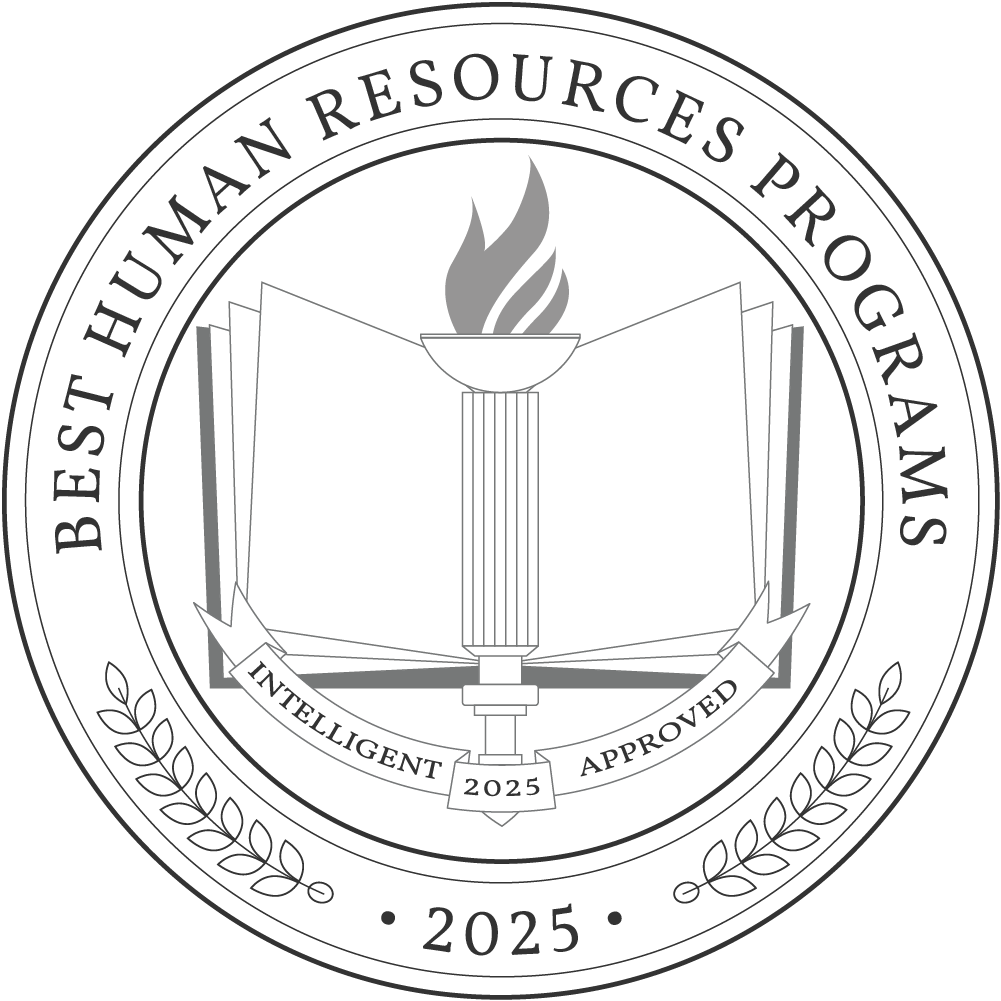A principal component of a successful organization is the human resources division, which serves as the link between a company and its employees. A human resources manager is responsible for employee recruitment, screening, and job training.
Graduates learn advanced skills in conflict resolution, procedure development, payroll, and employee record keeping. They work in various industries as human resource managers and development specialists. The job outlook for positions in human resources is positive, with openings growing at a faster-than-average rate.
The average cost to complete a bachelor’s degree in human resources is $14,688 per year, and it’s $20,513 for a master’s degree. Graduates from a master’s program can earn an average of $130,000 per year.
Why Trust Us
The Intelligent.com Higher Education Team is dedicated to providing students with independent, equitable school and program rankings and well-researched resources. Our expert-driven articles cover topics related to online colleges and programs, paying for school, and career outlooks. We use data from the U.S. Department of Education’s College Scorecard, the National Center for Education Statistics, and other reputable educational and professional organizations. Our academic advisory team reviews content and verifies accuracy throughout the year for the most current information. Partnerships do not influence rankings or editorial decisions.
- Analyzed over 2,000 national, accredited, and nonprofit colleges and universities
- 800+ rankings pages are reviewed and updated yearly
- Content is informed by reputable sources, surveys, and interviews with academic advisors and other experts
- Over 100 data points are reviewed for accuracy and quality throughout the year, including sources
How we rank schools
Our list features the best Human Resources degree programs at top colleges nationwide. Each school featured is a nonprofit, accredited institution — either public or private — with a high standard of academic quality for post-secondary institutions.
We evaluated each school’s program on tuition costs, admission, retention and graduation rates, faculty, reputation, and the student resources provided for online students. We collected data from trusted sources like the National Center for Education Statistics, individual school and program websites, school admissions counselors, and other data sources. Then, we calculated the Intelligent Score on a scale of 0 to 100 based on the following criterion:
Academic Quality:
- Admission rate versus enrollment rate
- Retention rate of students who return after year one
- Accreditation status (regional and programmatic)
- Nonprofit status, both private and public institutions
Graduation Rate
- Overall graduation rate
- Total number of currently enrolled students, including diversity metrics
- Student-to-faculty ratio
Cost and ROI
- In-state and out-of-state per-credit tuition rates and fees
- Required credits to graduate
- Earning potential after graduation
- Availability of federal student loans, scholarships, and other financial aid options
Student Resources
- Available student services for online-only and hybrid programs
- On-campus amenities like tutoring centers and the number of libraries
Read more about our ranking methodology.
Best 33 Best Human Resources Degree Programs
FiltersInstitution Type
Status
- Intelligent Score
- Alphabetically By University Name
- Acceptance Rate
- Enrollment
- In-state Graduate Tuition
- Out-of-state Graduate Tuition
- In-state Undergraduate Tuition
- Out-of-state Undergraduate Tuition

FIU College of Business
Intelligent Score: 99.45In-state: $4,721
Out-of-state: $16,529
In-state: $8,912
Out-of-state: $8,912
SAT: 1110-1260
ACT: 23-29
In-State: $205
Out-of-State: $618
On-Campus, Online
Southern Association of Colleges and Schools Commission on Colleges
120
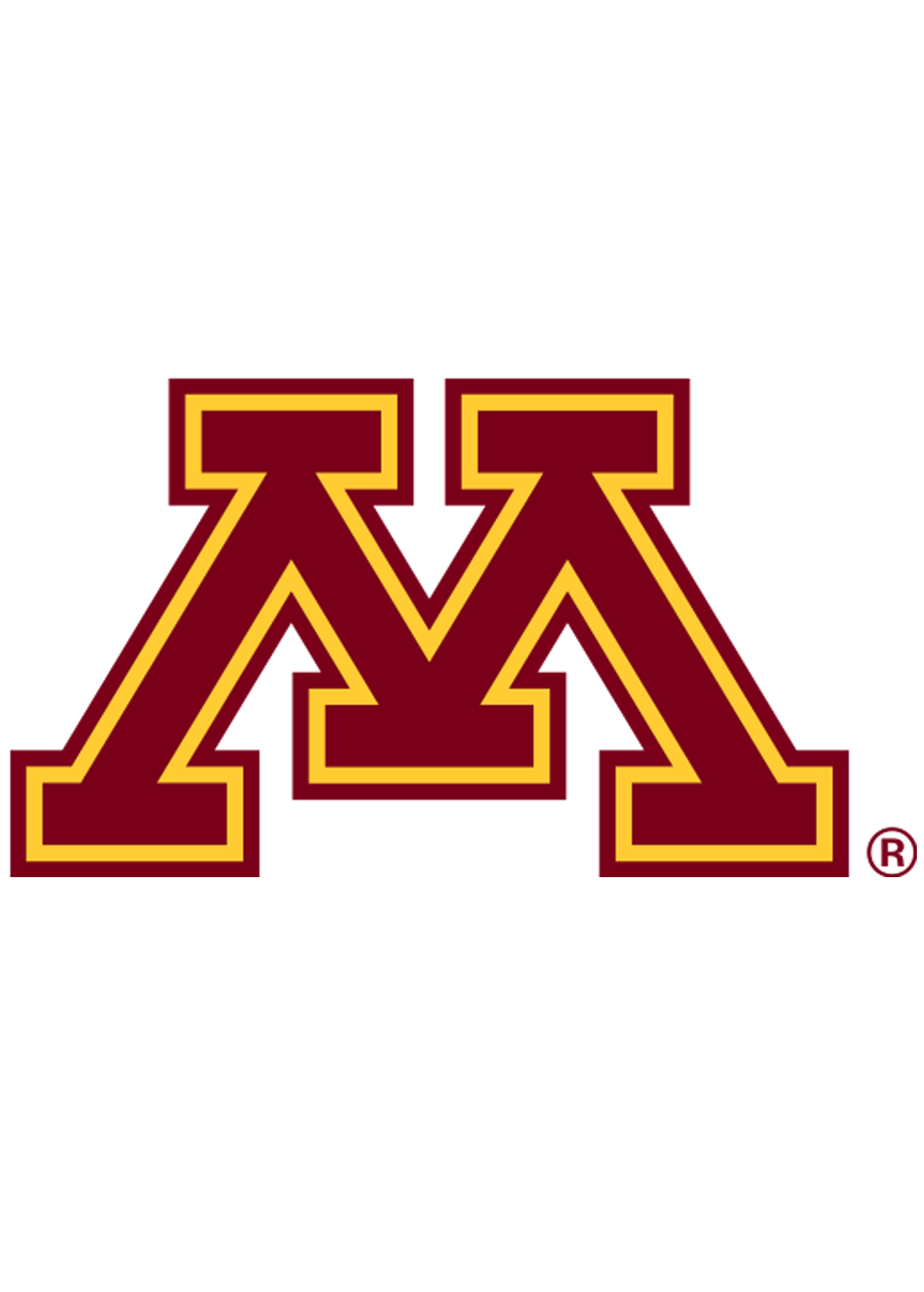
University of Minnesota
Intelligent Score: 98.44In-state: $13,318
Out-of-state: $31,616
In-state: $17,580
Out-of-state: $17,580
SAT: 1240-1460
ACT: 25-31
Resident: $557
Non-Resident: $1,323
On-Campus
Higher Learning Commission
120

University of Washington
Intelligent Score: 95.57In-state: $10,629
Out-of-state: $37,998
In-state: $16,278
Out-of-state: $16,278
SAT: 1200-1453
ACT: 27-33
Resident: $421
Non-Resident: $1,399
On-Campus
Northwest Commission on Colleges and Universities
180
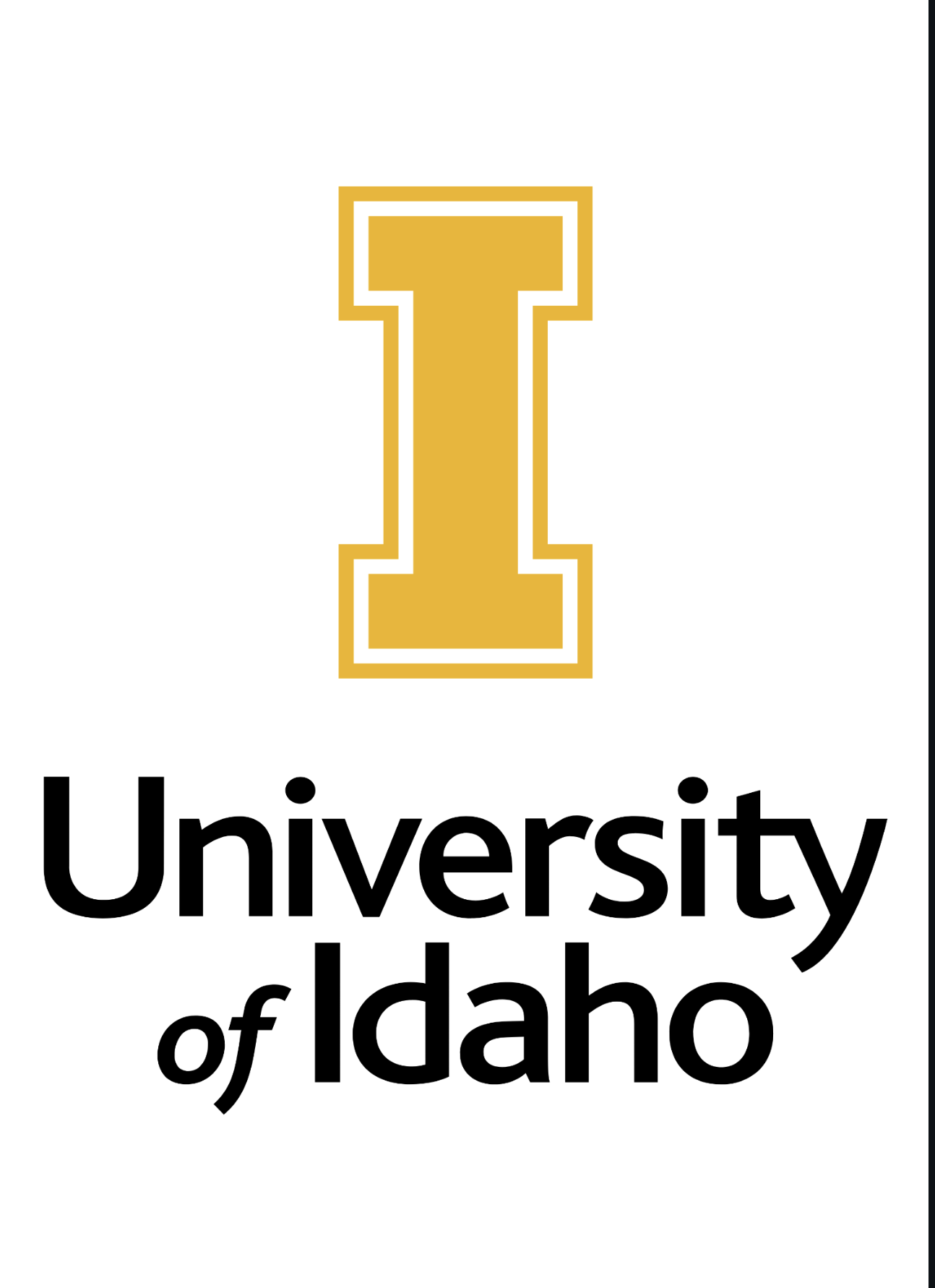
University of Idaho
Intelligent Score: 94.14In-state: $6,182
Out-of-state: $25,418
In-state: $7,754
Out-of-state: $7,754
SAT: 990-1220
ACT: 20-26
Resident: $441
Non-Resident: $1,403
On-Campus
Association to Advance Collegiate Schools of Business
120

Arizona State University
Intelligent Score: 93.86In-state: $10,710
Out-of-state: $28,800
In-state: $11,720
Out-of-state: $11,720
SAT: 1100-1320
ACT: 21-28
In-State: $808
Out-of-State: $1,310
On-Campus, Online
Higher Learning Commission
120

University of Texas at Dallas
Intelligent Score: 93.76In-state: $11,448
Out-of-state: $40,032
In-state: $12,028
Out-of-state: $12,028
SAT: 1210-1470
ACT: 26-33
Resident: $545 Non-Resdient: $1,395
On-Campus
Higher Learning Commission
120
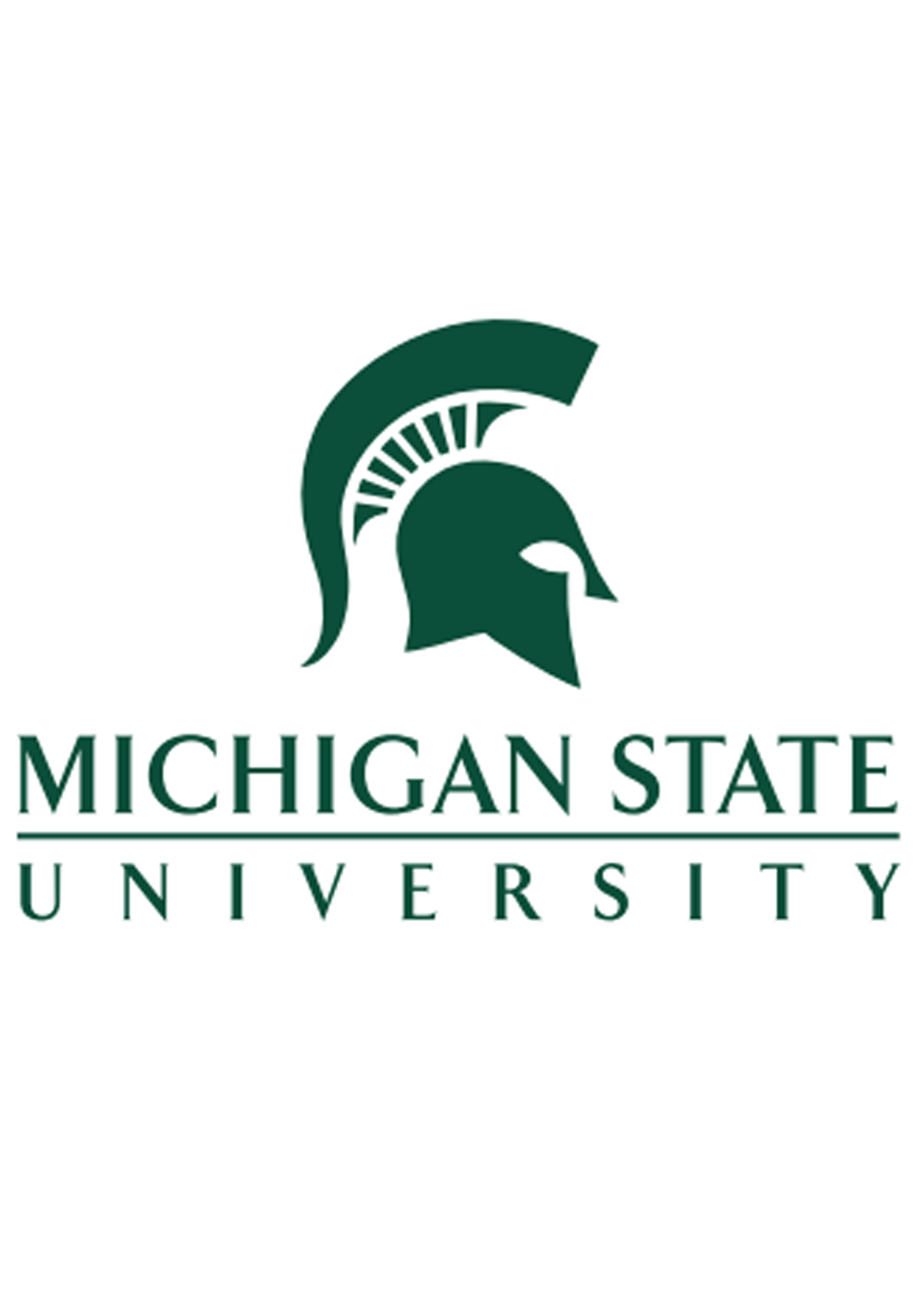
Michigan State University
Intelligent Score: 92.11In-state: $15,555
Out-of-state: $40,384
In-state: $18,858
Out-of-state: $18,858
SAT: 1100-1300
ACT: 23-29
In-State: $521
Out-of-State: $1,434
On-Campus
Higher Learning Commission
120

University of Alabama at Birmingham
Intelligent Score: 91.77In-state: $34,627
Out-of-state: $51,815
In-state: $16,793
Out-of-state: $16,793
SAT: NA
ACT: NA
In-State: $368 Out-Of-Stste: $911
On-Campus, Online
Association to Advance Collegiate Schools of Business
120
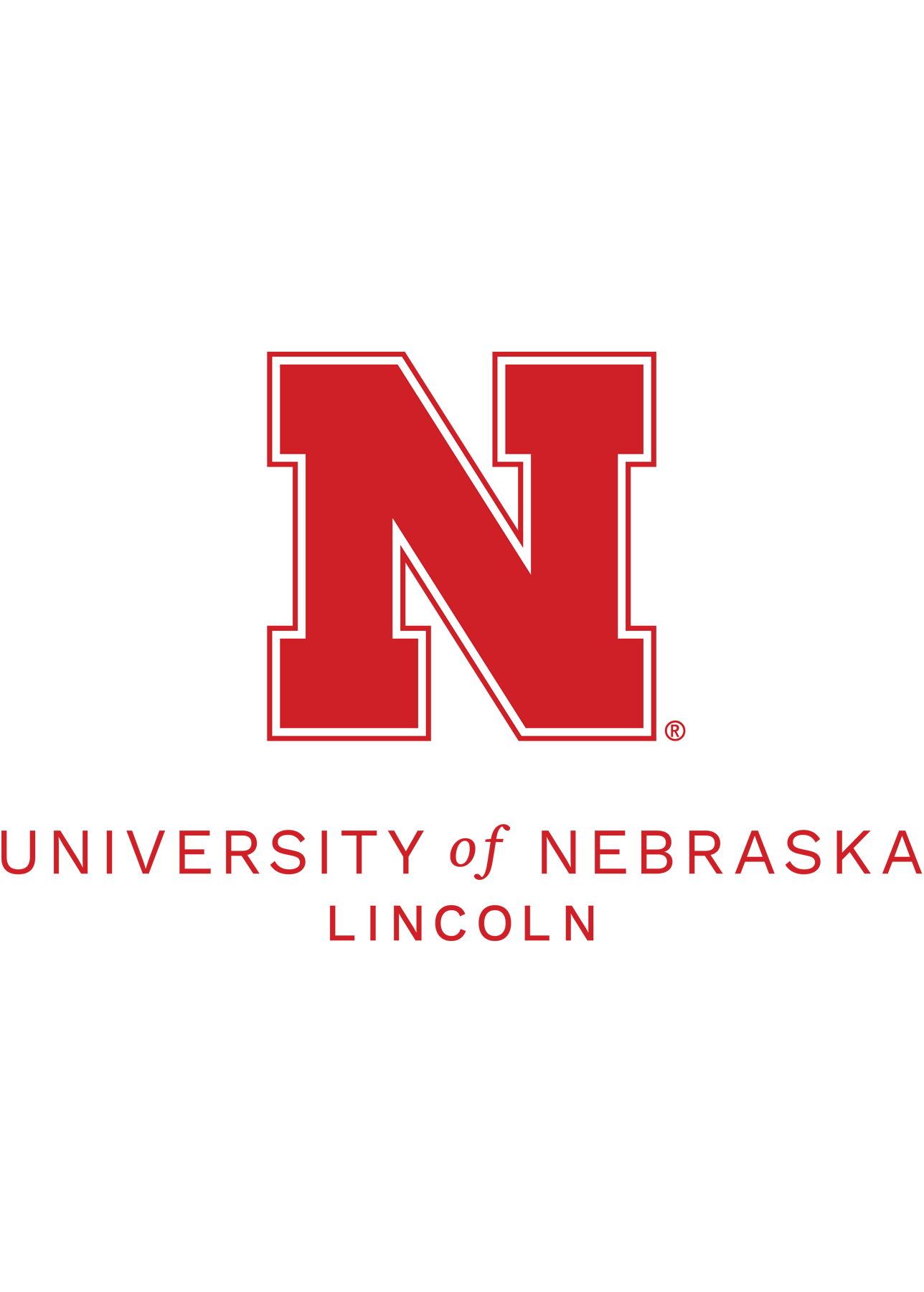
University of Nebraska - Lincoln
Intelligent Score: 91.71In-state: $7,770
Out-of-state: $24,900
In-state: $6,138
Out-of-state: $6,138
SAT: 1110-1320
ACT: 22-28
Resident: $332
Non-Resident: $1,064
On-Campus, Online
Higher Learning Commission
120

University of Michigan - Dearborn
Intelligent Score: 89.84In-state: $16,520
Out-of-state: $53,669
In-state: $24,344
Out-of-state: $24,344
SAT: 1340-1520
ACT: 31-34
Resident: $606
Non-Resident: $1,290
On-Campus, Online
Higher Learning Commission
120
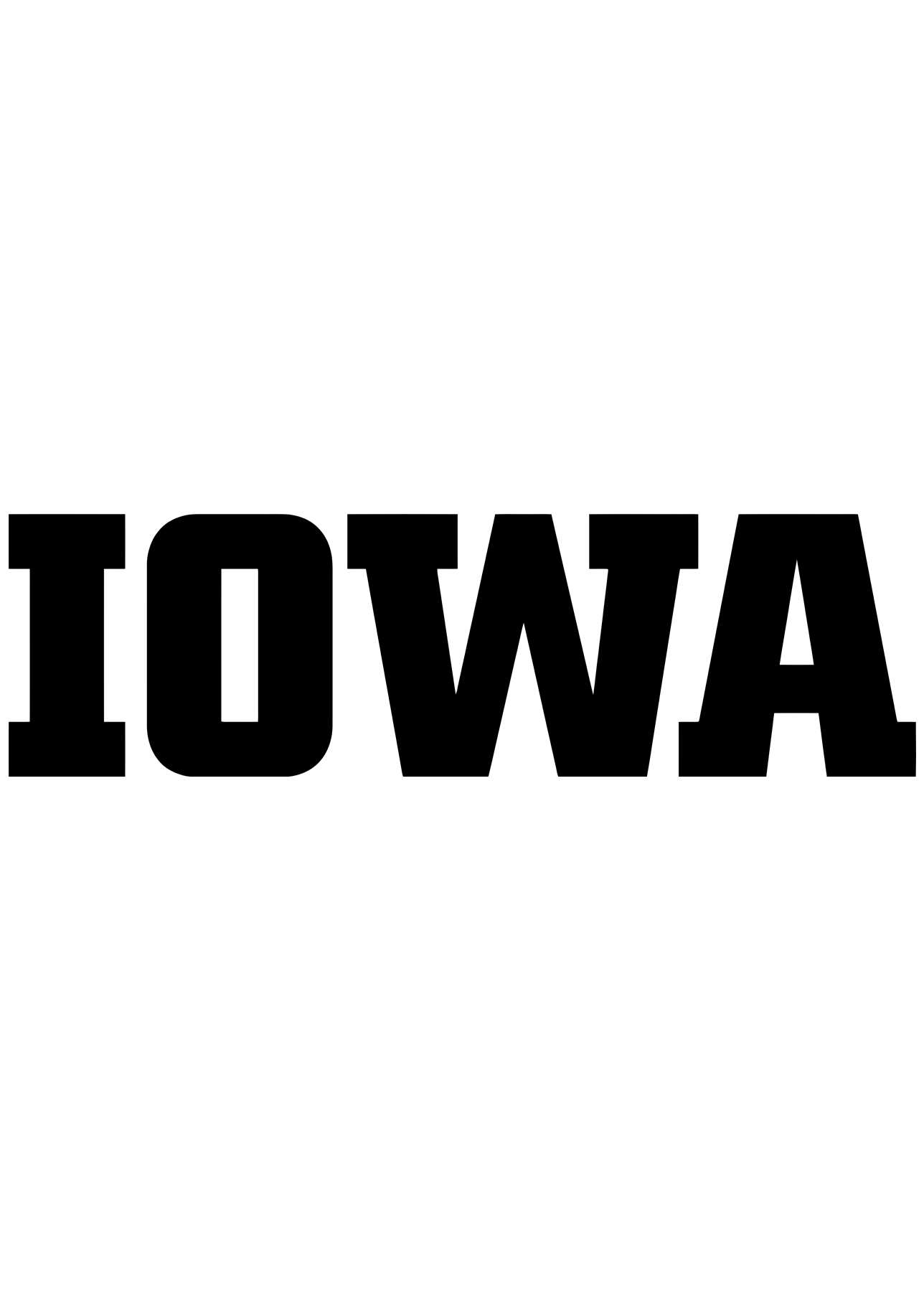
University of Iowa
Intelligent Score: 87.2In-state: $8,073
Out-of-state: $30,036
In-state: $10,079
Out-of-state: $10,079
SAT: 1110-1310
ACT: 22-29
In-State: $453
Out-of-State: $532
On-Campus, Online
Higher Learning Commission
120
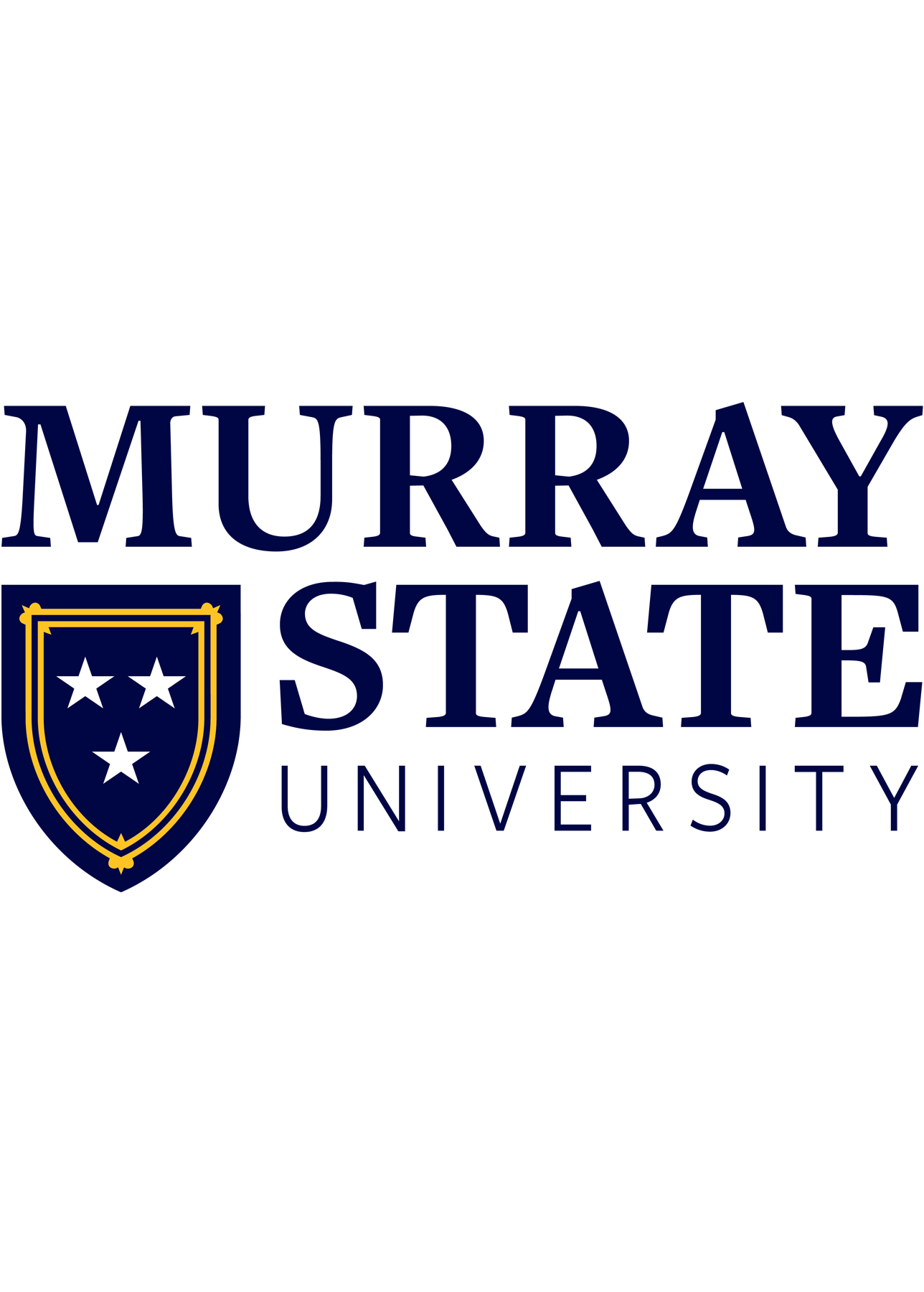
Murray State University
Intelligent Score: 86.47In-state: $7,968
Out-of-state: $17,148
In-state: $7,981
Out-of-state: $7,981
SAT: 1020-1230
ACT: 21-27
Resident: $404
Non-Resident: $614
On-Campus, Online
Association to Advance Collegiate Schools of Business
120
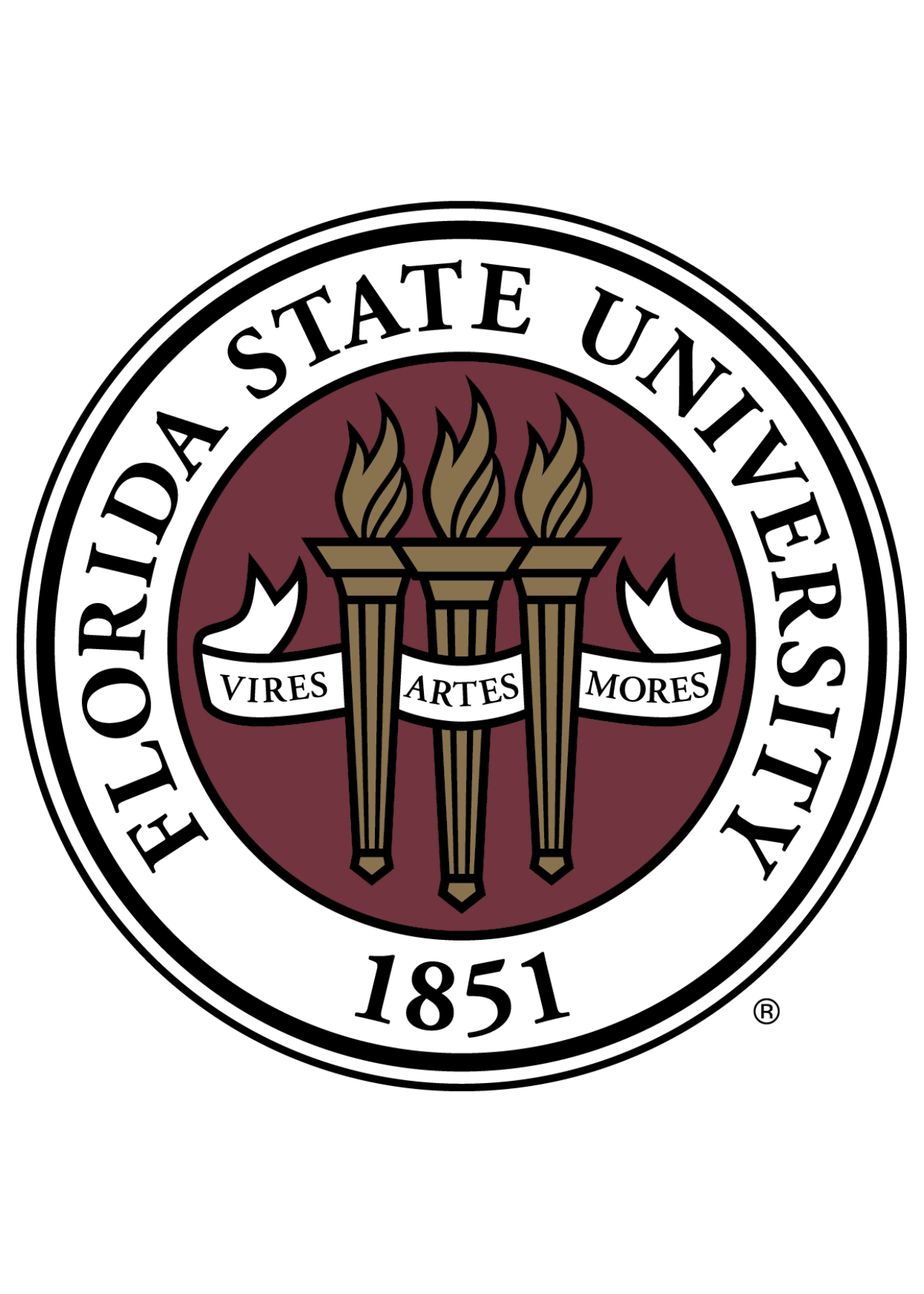
FSU College of Business
Intelligent Score: 85.41In-state: $4,640
Out-of-state: $19,084
In-state: $9,684
Out-of-state: $9,684
SAT: 1220-1350
ACT: 27-31
In-State: $215 Out-Of-State: $721
On-Campus
Association to Advance Collegiate Schools of Business
120

Gonzaga University
Intelligent Score: 85.02In-state: $46,060
Out-of-state: $46,060
In-state: $17,296
Out-of-state: $17,296
SAT: 1160-1350
ACT: 25-30
$1,750
On-Campus, Online
Northwest Commission on Colleges and Universities
128

Boise State University
Intelligent Score: 84.86In-state: $5,532
Out-of-state: $22,452
In-state: $7,110
Out-of-state: $7,110
SAT: 1030-1210
ACT: 21-26
Resident: $399
Non-Resident: $830
On-Campus, Online
Association to Advance Collegiate Schools of Business
120

The University of Tennessee, Knoxville
Intelligent Score: 84.02In-state: $11,332
Out-of-state: $28,522
In-state: $11,468
Out-of-state: $11,468
SAT: 1140-1303
ACT: 25-31
In-State: $378
Out-of-State: $759
On-Campus, Online
Southern Association of Colleges and Schools Commission on Colleges
120

University of Richmond
Intelligent Score: 83.28In-state: $56,860
Out-of-state: $56,860
In-state: $25,260
Out-of-state: $25,260
SAT: 1280-1460
ACT: 30-33
$575
On-Campus, Online
Southern Association of Colleges and Schools Commission on Colleges
120

Thomas Edison State University
Intelligent Score: 82.59In-state: $14,742
Out-of-state: $16,926
In-state: $22,623
Out-of-state: $22,623
SAT: Not Required
ACT: Not Required
Resident: $419
Non-Resident: $545
On-Campus, Online
Accreditation Council for Business Schools and Programs
120
How to Choose a Human Resources Degree Program
Choose your area of study
Consider your career goals and interests as you select your program. A career in human resources offers the opportunity to work with professionals in any field, including sports and entertainment, education, health care, and research sciences.
Human resources is a specialization of a business degree. Specific fields within human resources include human resources management (HRM) and human resources development (HRD).
HRM works inside an organization to look after recruitment, training, and the interpersonal relationships of employees and company leaders. HRD aims to utilize an employee’s skills inside an organization.
Research schools and programs
Focus on accredited schools and programs to maximize your chance of career success. Not all online and certificate-offering schools are recognized for their educational standards. When entering the job market after graduation, preference is given to applicants from accredited institutions.
Engage with the school, its culture, and its student body by following their social media channels, visiting the school in person, and attending an in-person or virtual information session. You could also participate in an art exhibit, sporting event, or symposium.
Review the program website for information about alumni organizations. You may be able to make contact with one or two graduates from your program to find out what they liked about it and how prepared they felt for the job market after graduation.
Prepare for tests and applications
Application requirements vary across programs, but most will include documentation such as:
- Official transcripts from your high school and transfer school, if applicable
- Test scores, including ACT, GRE, GMAT, SAT
- A resume or personal statement
- Letters of recommendation
- Completed application and fee
If a school requires an original essay or personal statement, write a compelling piece detailing your career goals, why you’re a good candidate for the program, and why you’re interested in their program.
Contact the school’s admissions counselor to ensure you have the most current information before you submit your application. Request an appointment to visit them in person or via video chat if you have any questions during the application process.
Select your program
As you prepare to make your final selection, take a fresh look at your career goals. Make adjustments that reflect any new information or personal discoveries. Ask yourself which school’s program most closely aligns with your goals.
Take an assessment of your learning style to identify whether you work best in groups or alone, your optimal biometric learning time, and how asynchronous or synchronous learning methods might contribute to your overall success. Also, logistical factors such as whether you will attend full or part-time and online or in-person should be considered.
Determine how you’ll pay for your degree
If you need help paying for your degree, complete the Free Application for Federal Student Aid (FAFSA) to determine your eligibility for federal student aid and need-based aid. Inquire with your employer to see if they offer scholarships or tuition reimbursement. Consult with your school’s program advisor to find out if there are any funding opportunities specific to your program, and visit the financial aid office for information on merit-based grants and scholarships from private organizations and community groups.
What Can You Expect From a Human Resources Program?
A human resources degree program prepares graduates for a career in managing the administrative aspects of an organization, including consulting on strategic planning, managing payroll, recruiting employees, and overseeing their training.
Students learn high-level communication and interpersonal skills, accounting and payroll management, and business document development, including procedure manuals and labor contracts. Some programs incorporate internship requirements as part of their studies, allowing students to gain relevant experience before entering the workplace.
Graduates emerge prepared to navigate challenging one-on-one and group conflict scenarios, including union negotiations, sexual harassment claims, and other human resource issues.
Potential courses you’ll take in a human resources program
- Technical and Professional Writing: This course prepares students for the various documents a human resources professional will draft, including employment contracts, procedure manuals, and non-disclosure and confidentiality agreements. The focus is on audience awareness and clarity of communication.
- Public Speaking: Public speaking trains students to craft and develop speeches to inform and persuade audiences. Practical applications include company announcements, employee training programs, and explanations of benefits and plans.
- Principles of Economics: Students learn the basic principles of economics, including the theory of supply, the theory of demand, the interaction of supply and demand, and the economic problem and the price system. They also learn how to measure and determine national income, employment and price, monetary and fiscal policy analysis, and the effects of government deficits and debts.
- Managing People in Organizations: This course explores the role of human behavior in organizations. Students learn how to motivate and lead, manage organizational change, navigate cross-cultural issues in managing people, and address ethical issues in organizations.
Human Resources Degree Frequently Asked Questions
How do I apply to a human resources degree program?
Review the specific program requirements on the school’s website to apply for a human resources degree program. Contact the school admissions counselor to glean any additional details that aren’t obvious from the website. Most schools require transcripts, test scores, a resume, and a well-written essay demonstrating why you’d be a good candidate for their program.
How much does a human resources degree cost?
A human resources degree costs $14,688 per year, or about $490 per credit. You can expect additional fees for room and food if you choose to live on campus — and higher tuition costs if you’re an out-of-state student. Scholarships, grants, and student loans will reduce your final out-of-pocket costs.
How long does it take to earn a human resources degree?
You can earn a certificate in human resources in as little as five months. The time it takes to earn a bachelor’s or master’s degree depends on whether you study full-time or part-time and how many credits your chosen program requires. Generally, a bachelor’s degree takes 120 credits and four years of studying full-time. A master’s degree is an additional 30 credits that can take a year of full-time study to complete.
